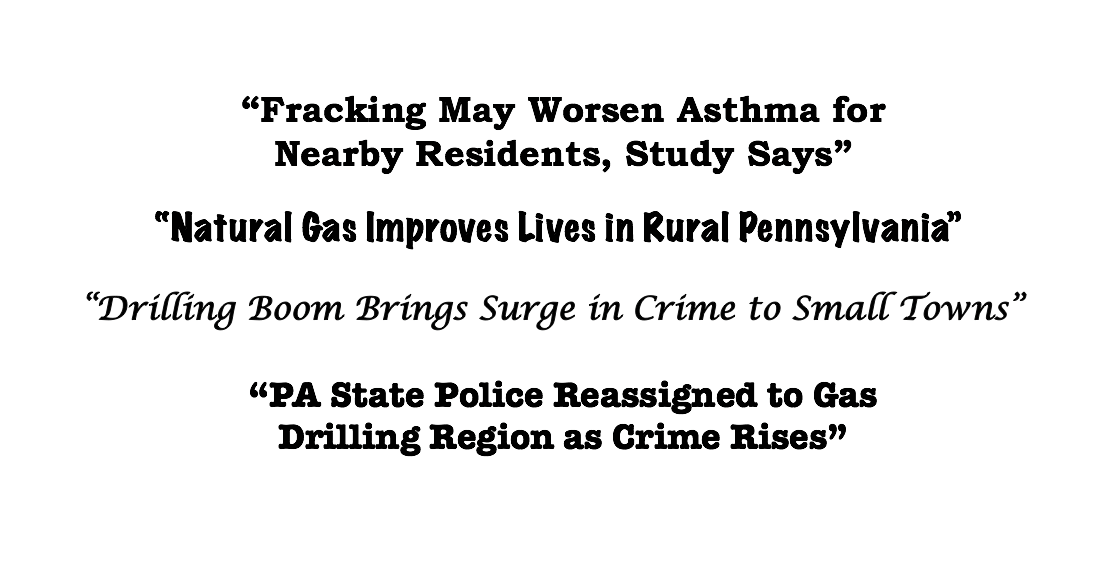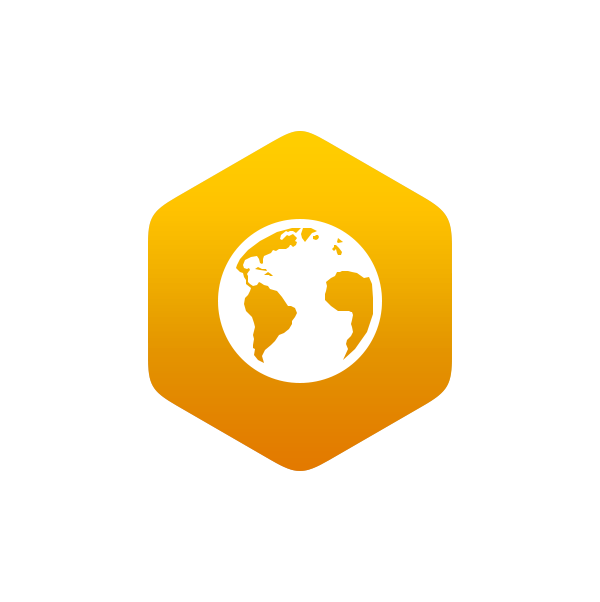9.1: Studying Community Impacts
- Page ID
- 15604
Social science is a broad term that covers all the sciences related to studying human beings at multiple scales, such as the individual, family, small group, organization, community, nations, or even whole civilizations. There are many disciplines within this umbrella, including economics, sociology, anthropology, psychology, and political science.
This review will draw largely on sociology. Sociology is a discipline that studies how the organization of societies affects individuals and their behaviors, beliefs and attitudes, their health and well-being, and how they interact with other members of their families, workplaces, volunteer groups, and communities. Sociology also looks at the converse relationship, how societies are shaped by the ways in which individuals interact and form different types of groups (e.g., schools, families, places of work, governments, etc.) that are the building blocks of societies.
In relation to Marcellus Shale development, one important area of research that sociologists examine focuses on ‘community impacts,’ a catch-all term for how individuals and families and local organizations, agencies, governments, and businesses are affected by the exploration, extraction, and production of natural gas from the Marcellus Shale. Some of the impacts researchers study include:
- The economic status of individuals and families (such as gaining or losing jobs, or changes to work hours, income, or work conditions) and how these changes affect the well-being of those families and individuals
- Changes in local populations, in terms of size, composition (age, gender, race/ethnicity), migration rates (in and out of the community), size and type of households, etc.
- Changes in unemployment rates, poverty rates and income inequality which provide insight into a community’s social and economic well-being
- Demands on local organizations and agencies that provide services to community residents, such as health care, education, human services, and local government
- Stresses on the physical components of communities that we rely on for daily living, including housing, roads, water/sewer, telecommunications, etc.
- Prevalence of social problems, such as crime, drug and alcohol use, divorce and related family problems, and mental health concerns, and the impacts of these problems on the systems that address them (courts, police agencies, health service providers, social services, etc.)
- Changes in existing and new residents’ feelings of community satisfaction and attachment to their communities measured by perceived quality of life and social and physical well-being
Whether or not you live in an area experiencing shale gas development, you likely hear and see many claims about its social impacts on television news, in the newspaper, or even on your Facebook feed. Many of these headlines and reports contradict each other, and it can be hard, as a consumer of science, to know what to believe.

Compiled by Grace Wildermuth
In this section, you will acquire a handy “toolbox” with ways to assess these reports on the social impacts of shale gas development.
In Lesson 1, you learned about causation, correlation, data, and evidence. Here’s a recap:
Causation
One event is the result of the occurrence of the other event. This is also referred to as cause and effect. Beware: just because two things occur together does not mean that one caused the other.
Correlation
A statistical measure that describes the size and direction of a relationship between two or more variables. A correlation between variables, however, does not automatically mean that the change in one variable is the cause of the change in the values of the other variable.
Data
Information, either qualitative or quantitative, that has been collected.
Evidence
Data that has been shown to be valid.


